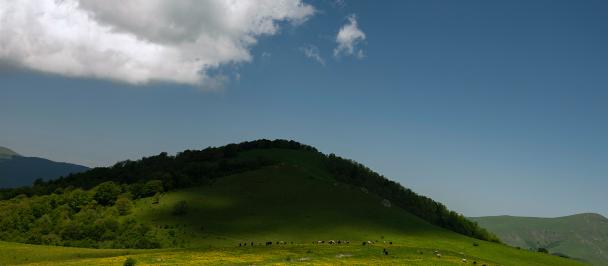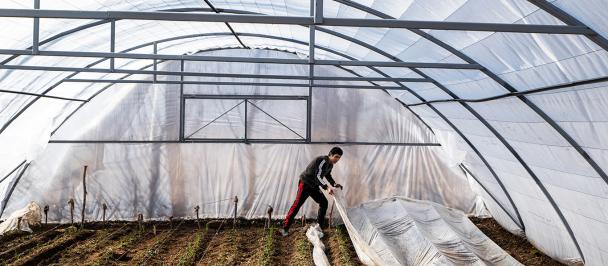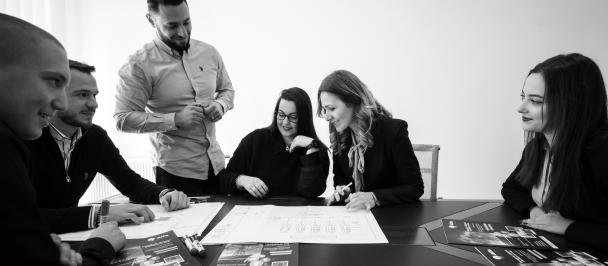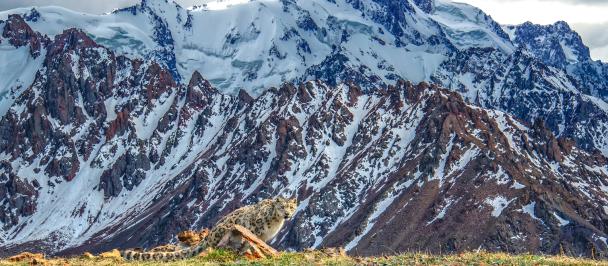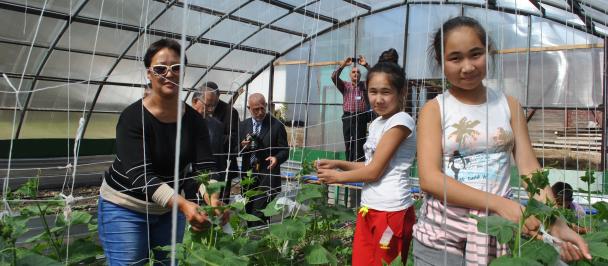A young Turkish activist works to keep climate change at bay
August 12, 2022
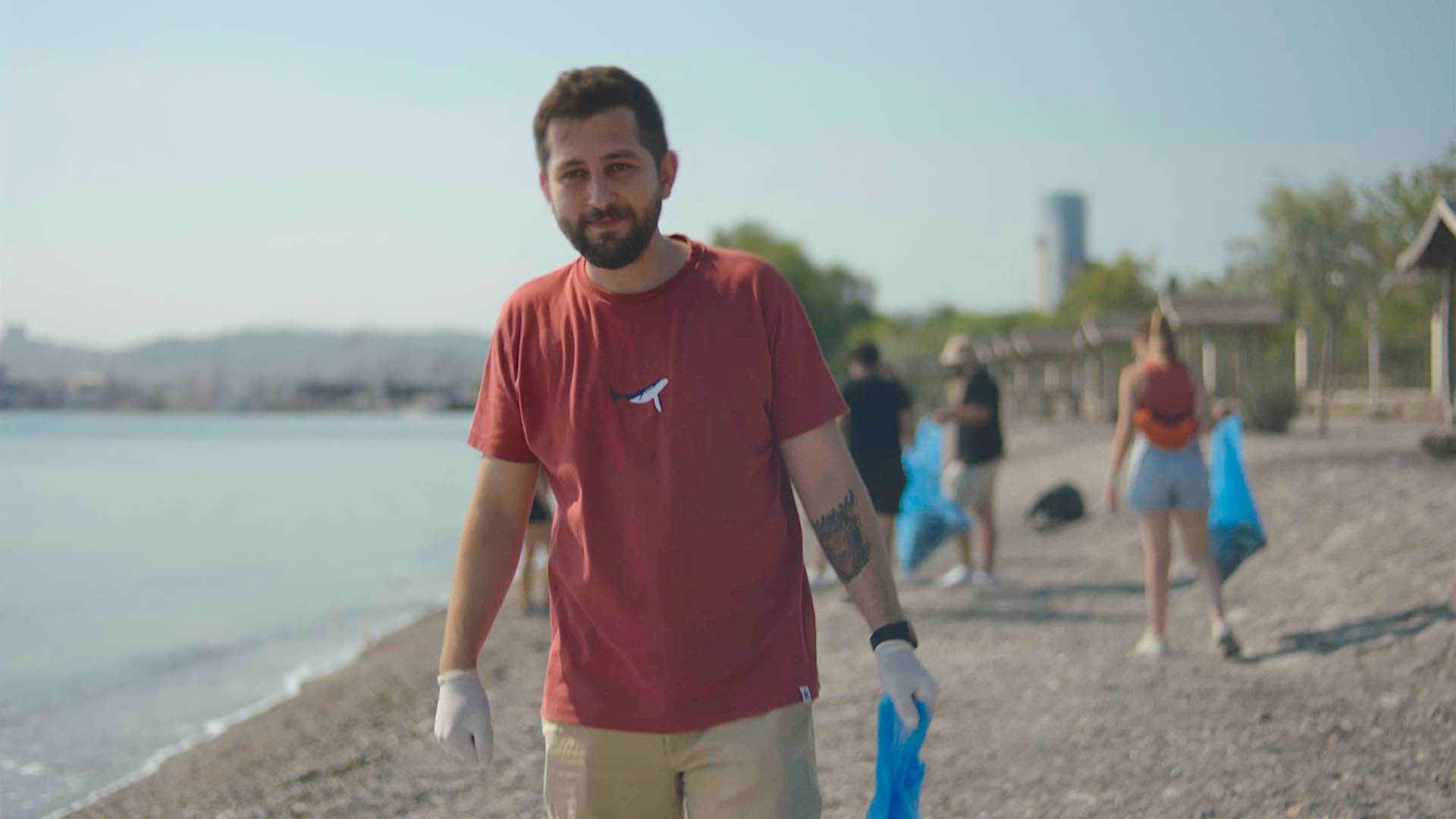
Oğuz Ergen was selected as one of the six new “Young Leaders” in the UNDP-Samsung Generation17 programme, which supports youth across the world working for the Global Goals and engaging in joint work in a spirit of solidarity with peers. Photos: UNDP Turkey / Edelman, Method & Madness; Director of Photography, Mike Weldon.
Oğuz Ergen was shocked when he realized the fish population in Turkish seas had receded so much since his childhood.
“I lived in many different locations in Türkiye due to my father’s profession, and I particularly loved fishing in Gallipoli where we caught many fish,” he said, about an area along the Aegean sea. After we moved to Izmir, I saw things change significantly. Before when I went fishing, I used to catch ten fish. But in Izmir now, I hardly catch one. I thought there must be some distress in the seas and started investigating.”
This started Oğuz on his track to work for the environment.
In his view, the pollution in the Gulf of Izmir is the biggest human-induced environmental problem in Izmir. For years, wastewater discharged from factories have flowed into the gulf. Since this pollution hasn’t been cleaned up, human beings can no longer swim in the sea or eat the fish caught there. He emphasises that the pollution in all rivers flowing into the gulf also impacts it, and the problems must be addressed and managed in a holistic way.
“When I first realized that the problems were human-induced, I was very sad, and started to take small steps toward working on the issue.” Now its full speed ahead.
Oğuz founded Sosyal İklim Derneği (Social Climate Association) to promote dialogue among youth on the Global Goals and active engagement in the civil society, and now holds training sessions on the climate crisis.
Then in early 2020, he and his friends started Kıyı Ege İklim Ağı (Coastal Aegean Climate Network), a communication network for academicians, activists, NGOs and local administrations along the Coastal Aegean region to join as members and work together to explore local solutions to the climate crisis. The network brings together various interest groups to develop joint projects addressing the environmental issues affected the region, including correctly fishing around cities affected by climate events, preventing sea pollution, preserving marine and adjacent ecosystems, lowering pollution and assessing environmental policies.
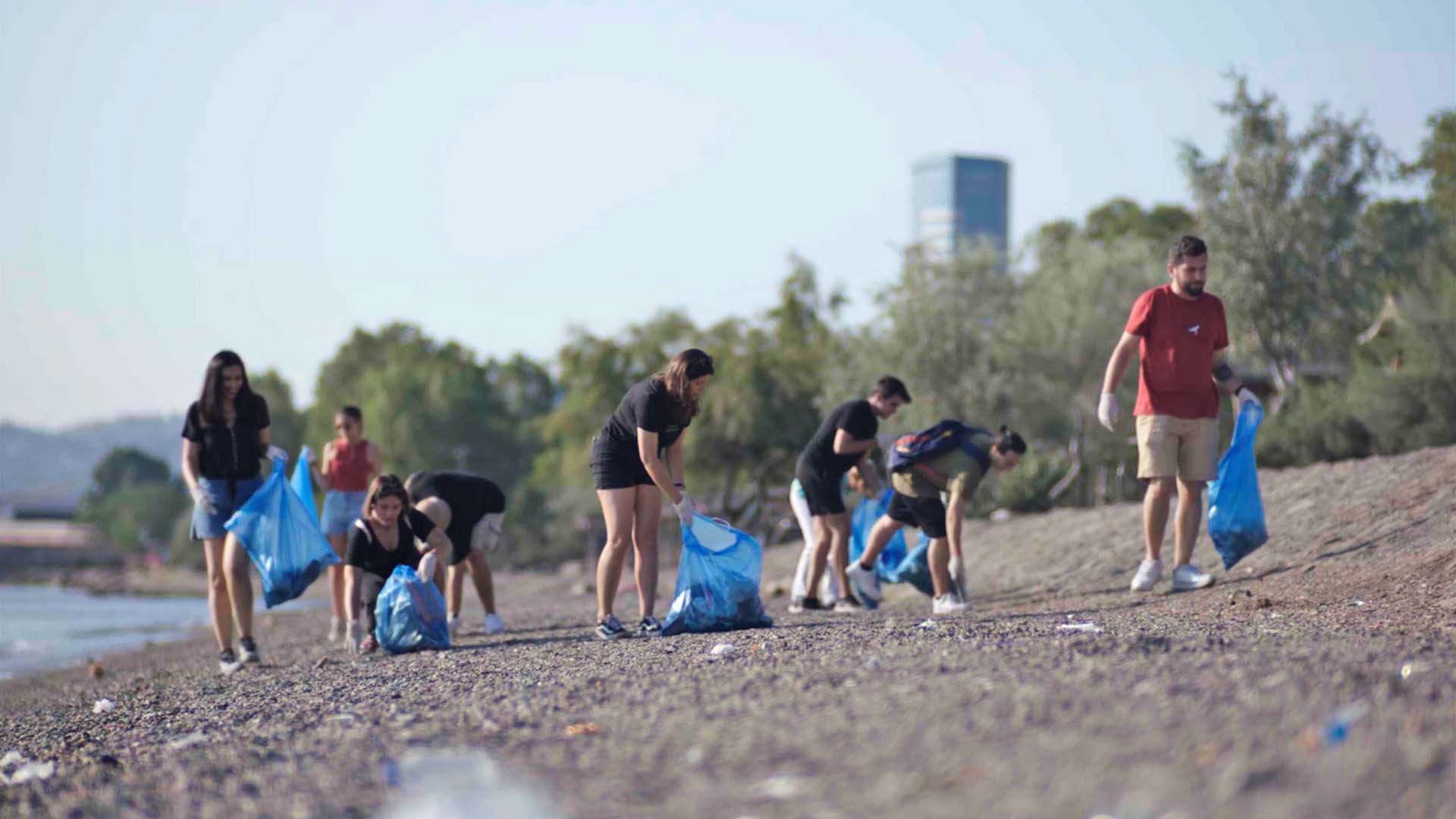
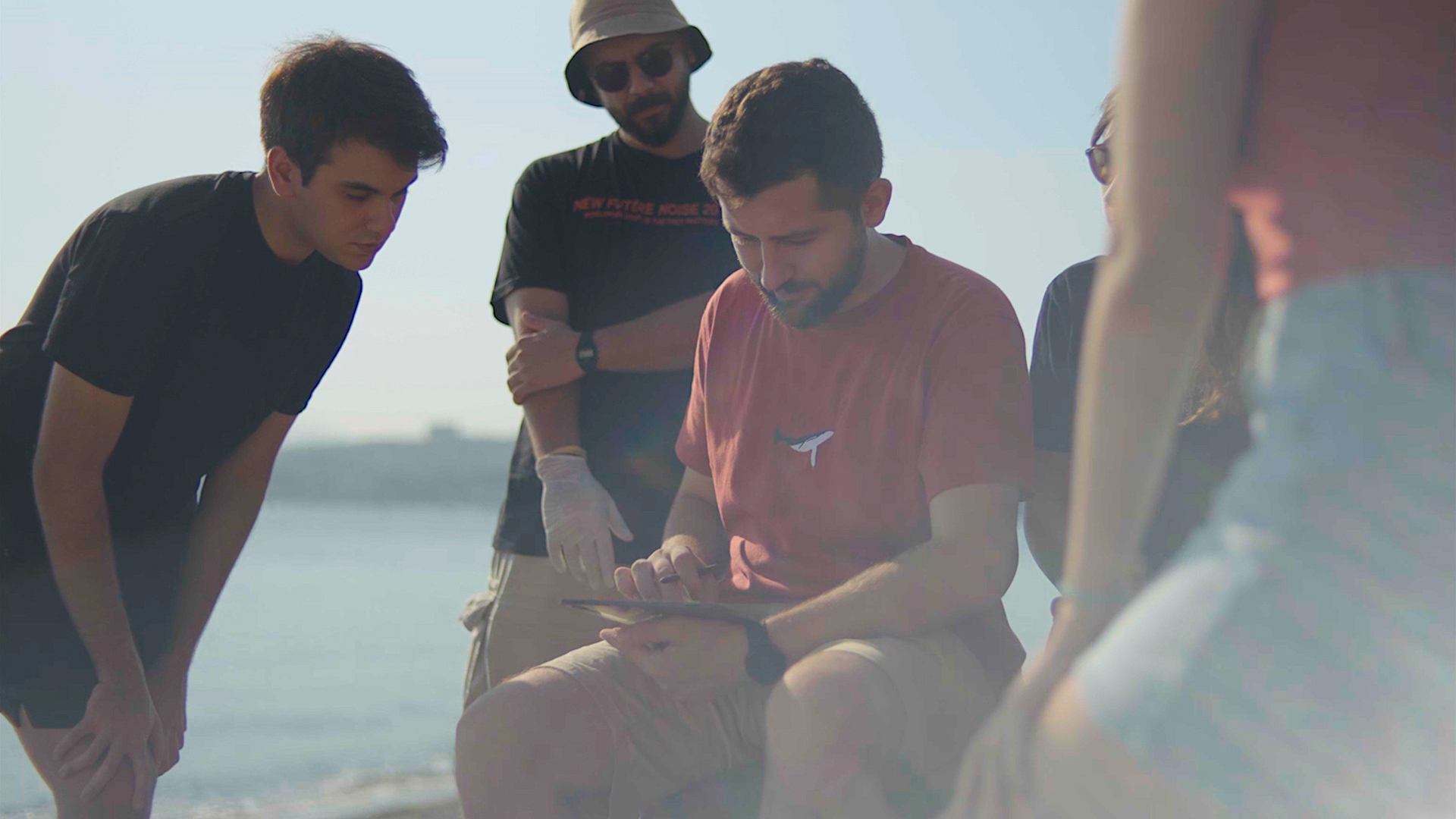
For example, they ran a campaign against a municipality that was dumping rubble in the Akçay wetland, one of the most important in the Northern Aegean and home to many valuable species. They collected signatures and filed a successful suit to stop the dumping. The network also prepared and reported data for the İzmir Voluntary Local Review Report, which documents progress towards SDGs and identifies the needs and challenges.
This year, Oğuz was selected as one of the six new “Young Leaders” in the UNDP-Samsung Generation17 programme, which supports youth across the world working for the Global Goals and engaging in joint work in a spirit of solidarity with peers.
He stresses the role of youth in the response to the climate crisis: “The youth in my age group have been feeling the impact of the climate crisis for about ten years. Generations after us were all born into the climate crisis. They will be the ones who will most heavily feel the ever-growing impact. It’s natural and necessary reaction that the youth become active and take action on that. Human beings will perhaps have difficulty in ten years’ time to find adequate fresh water for drinking. Currently, many parts of the world are already experiencing such problems.”
If everyone works two hours a week against the climate crisis, we may be living in a different world by the end of year.Oğuz Ergen
He’s recognized not only for his work raising awareness of climate change, but all the Sustainable Development Goals (SDGs). He continues his environmental work at the Habitat Association, where he manages the Yeşil Gezegen (Green Planet) project that teaches children sustainability.
“Now, intensive rains may occur any time, and what used to fall in two or three days may sometimes fall in one day or in one hour,” he explains. “The urban infrastructure is simply unable to withstand that.” Drought and excessive rain also adversely impacts agriculture. “Human beings will have to migrate to the city because they can no longer subsist by agriculture. Once in the city, they also challenge the urban capacity, thus leading to new, different problems.” This means looking at sustainable energy, sustainable agricultural techniques and sustainable livestock husbandry to contribute to alleviating the climate crisis.
He is currently thinking on what small and medium sized businesses can do to comply with the European Green Deal and reduce their carbon footprint. “With the European Green Deal, our range of products that can be sold to Europe get smaller and revenues will go down.” He wants to support and prepare producers to be compliant with the Green Deal so they can avoid profit loss and help protect the environment.
This is an important transformation that has to happen, and Oğuz believes youth can help accelerate it. “Probably I cannot alone train 10,000 businesses, but if each of us talk to two about these changes, we may easily reach 10,000 through our network.
Oğuz is heartened when he sees youth already taking action. “They mobilize even by changing their habits, joining NGOs or getting together with friends to collect trash on the shore. It is important to support and trust the youth and respect their decisions on this matter because they will face the harshest consequences of the climate crisis.”

 Locations
Locations


